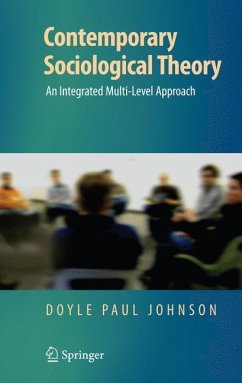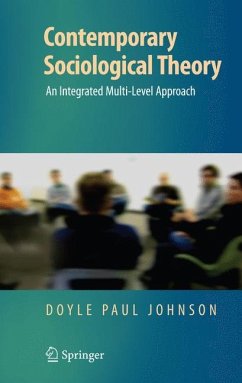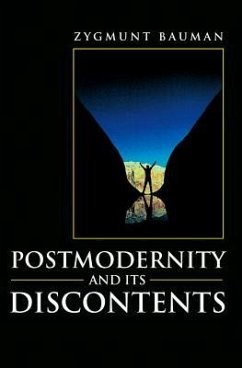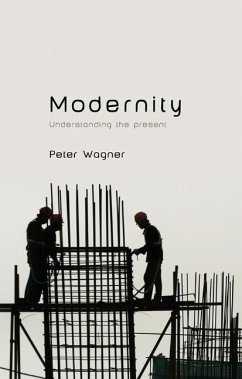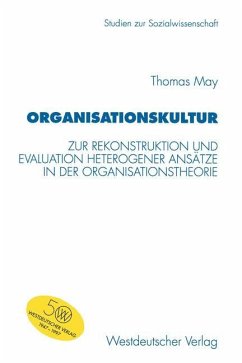
Sociological Perspectives on Modernity
Multiple Models and Competing Realities
Versandkostenfrei!
Versandfertig in 6-10 Tagen
97,20 €
inkl. MwSt.

PAYBACK Punkte
0 °P sammeln!
This book examines several sociological perspectives on the defining characteristics of modernity through the construction of conceptual models. Each model specifies the prime movers of the social system and the key agencies of change and development. According to one model, technology is the moving force in society, while another emphasizes metropolitan dominance, and yet another concentrates on materialistic values and consumerism. A growing number of social scientists perceive knowledge to be the driving force of modernity; yet others emphasize cultural pluralism or mass society. Because of...
This book examines several sociological perspectives on the defining characteristics of modernity through the construction of conceptual models. Each model specifies the prime movers of the social system and the key agencies of change and development. According to one model, technology is the moving force in society, while another emphasizes metropolitan dominance, and yet another concentrates on materialistic values and consumerism. A growing number of social scientists perceive knowledge to be the driving force of modernity; yet others emphasize cultural pluralism or mass society. Because of the many ways dramatic changes are occurring in so many different directions at the same time, the multiple realities of modernity are recognized and clarified. Accelerations of experimentation and innovation are occurring in all areas of social life. The Enlightenment, the industrial revolution, and civil society are emphasized as the pathways to modernity. The themes of relativity, incompleteness, uncertainty, and fragmentation are implicated in postmodernist critiques of the values of the enlightenment.



